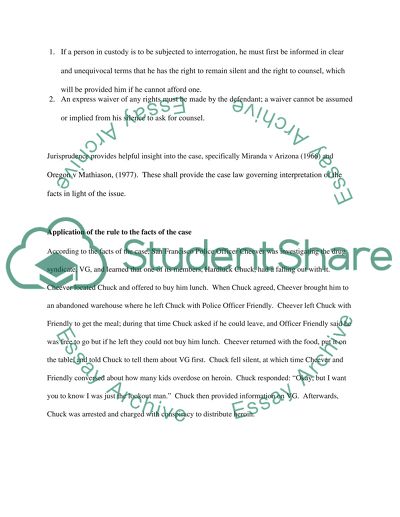Cite this document
(“Criminal justice: No free lunch Case Study Example | Topics and Well Written Essays - 2250 words”, n.d.)
Retrieved de https://studentshare.org/law/1392208-criminal-justice
Retrieved de https://studentshare.org/law/1392208-criminal-justice
(Criminal Justice: No Free Lunch Case Study Example | Topics and Well Written Essays - 2250 Words)
https://studentshare.org/law/1392208-criminal-justice.
https://studentshare.org/law/1392208-criminal-justice.
“Criminal Justice: No Free Lunch Case Study Example | Topics and Well Written Essays - 2250 Words”, n.d. https://studentshare.org/law/1392208-criminal-justice.


